Plants
-
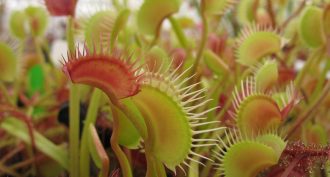 Plants
PlantsBefore eating, Venus flytraps must ‘count’
Researchers find that Venus flytraps respond to the number of times insects touch their sensory hairs. This tells them when it’s time to turn on digestion.
-
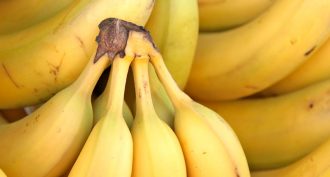 Plants
PlantsBanana threat: Attack of the clones
Researchers find that disease-causing fungi — all clones of one another — will continue to infect banana plants unless new steps are taken to stop their spread.
-
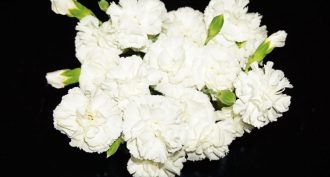 Plants
PlantsScientists Say: Xylem
How do trees ferry water from the soil to branches hundreds of feet in the air? This week’s word is the answer.
-
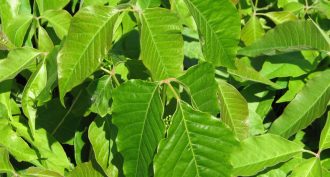 Plants
PlantsScientists Say: Urushiol
Poison ivy looks harmless, but its oil, urushiol, is not. This is the plant’s oil that leaves an itchy rash or blisters on your skin.
-
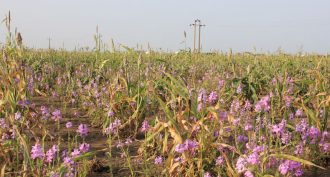 Plants
PlantsPlant ‘vampires’ lay in wait
A new study shows how some parasitic plants evolved the ability to sense a potential host — and then send out root-like structures to feed on them.
-
 Chemistry
ChemistryBacteria become source of ‘greener’ blue jeans
Manufacturing indigo to dye blue jeans now relies on harmful chemicals. But researchers have found a less polluting way to produce the blue tint: bacteria.
-
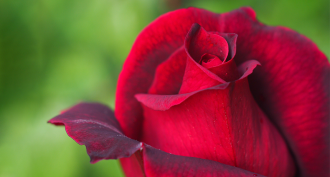 Chemistry
ChemistrySecret to rose scent surprises scientists
Scientists discovered the molecular tool that roses use to make fragrance. And it wasn’t what they expected.
By Beth Mole -
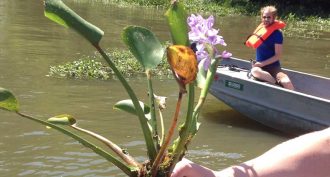 Plants
PlantsUsing plants to solve environmental problems
Problems in their communities suggested good research projects to three teens. Each wanted to tackle a different issue, from pollution to world hunger. To learn more about these issues, they turned to their local ponds, wetlands and gardens.
-
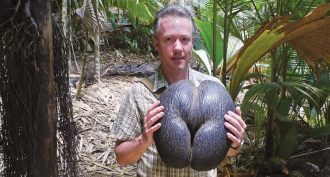 Plants
PlantsPicture This: The world’s biggest seed
This monster seed develops on a super-slow-growing island palm. Key to that palm’s survival are leaves that funnel fertilized water to nutrient-starved roots.
By Susan Milius -
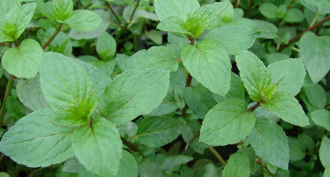 Environment
EnvironmentNews Brief: Smokin’ plants
A new study points out how some herb teas and spices could have accidentally picked up nicotine from the smokers working around them.
By Janet Raloff -
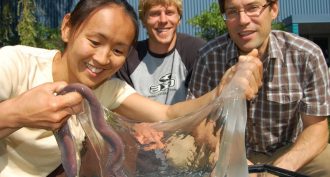 Health & Medicine
Health & MedicineSecrets of slime
Mucus—snot—can be so gross. It’s also critical for many animals, including hagfish, snails and people. Snot can rid our bodies of nasty bacteria and viruses. In other creatures, it can smooth the road or rough up predators.
By Roberta Kwok -
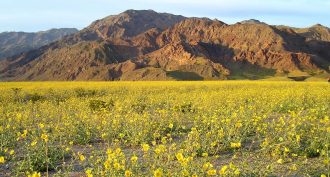 Plants
PlantsDesert plants: The ultimate survivors
Creosote, mesquite and other desert plants rely on different adaptations to thrive, even when no rain falls for an entire year.